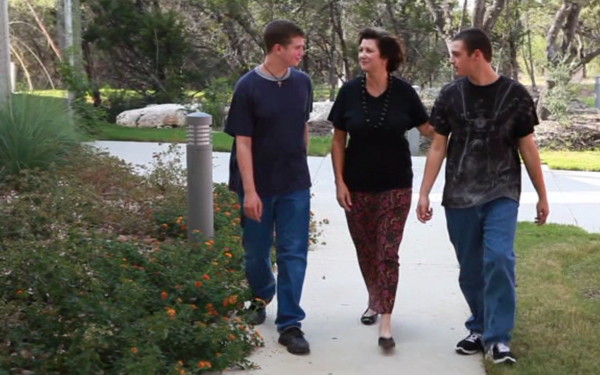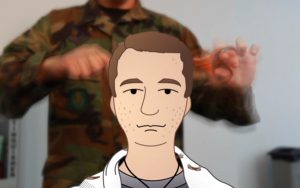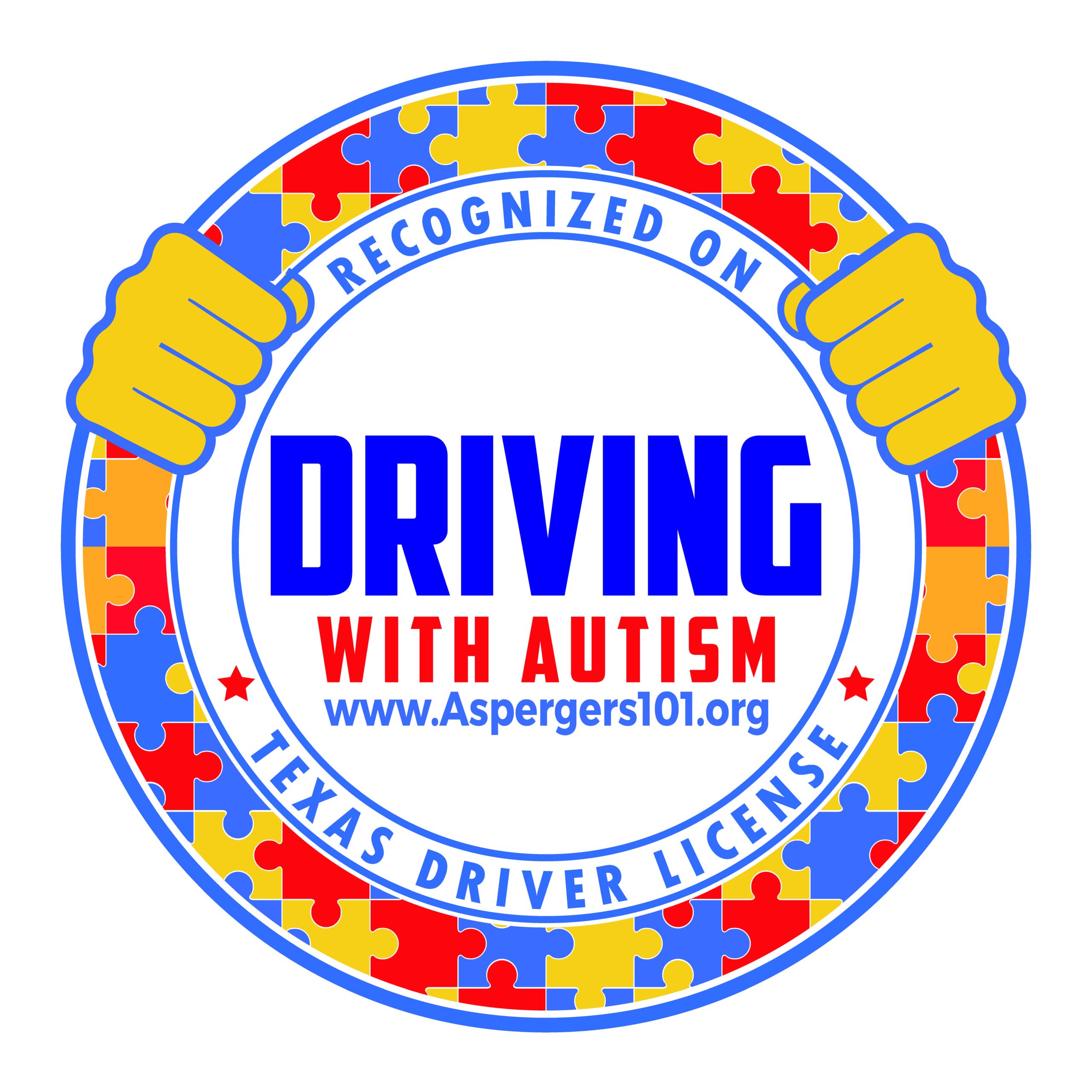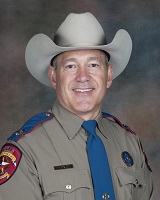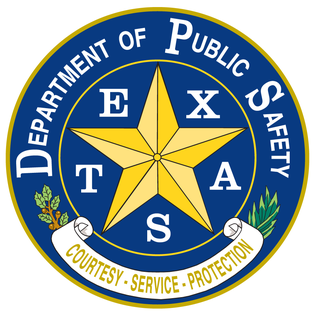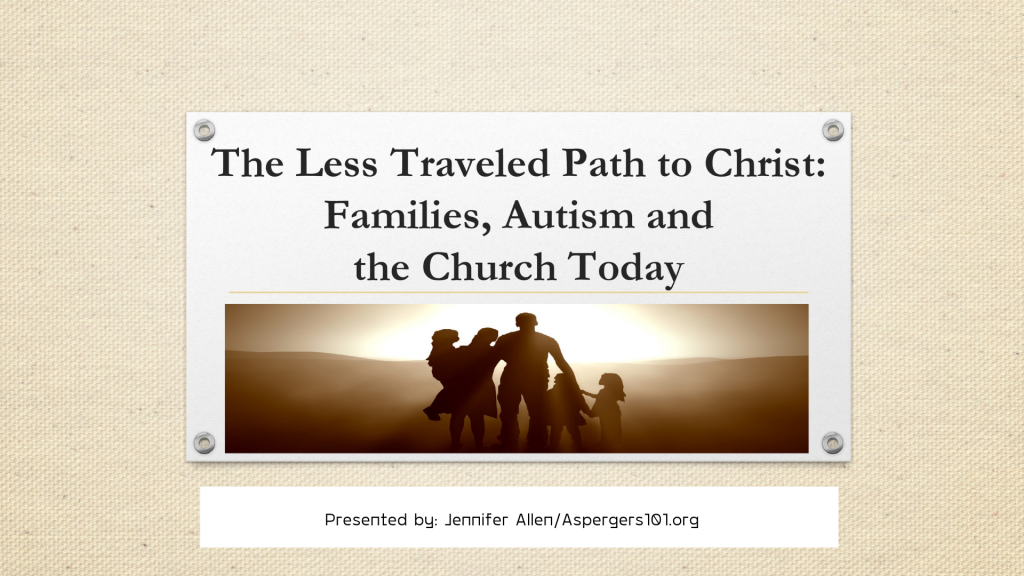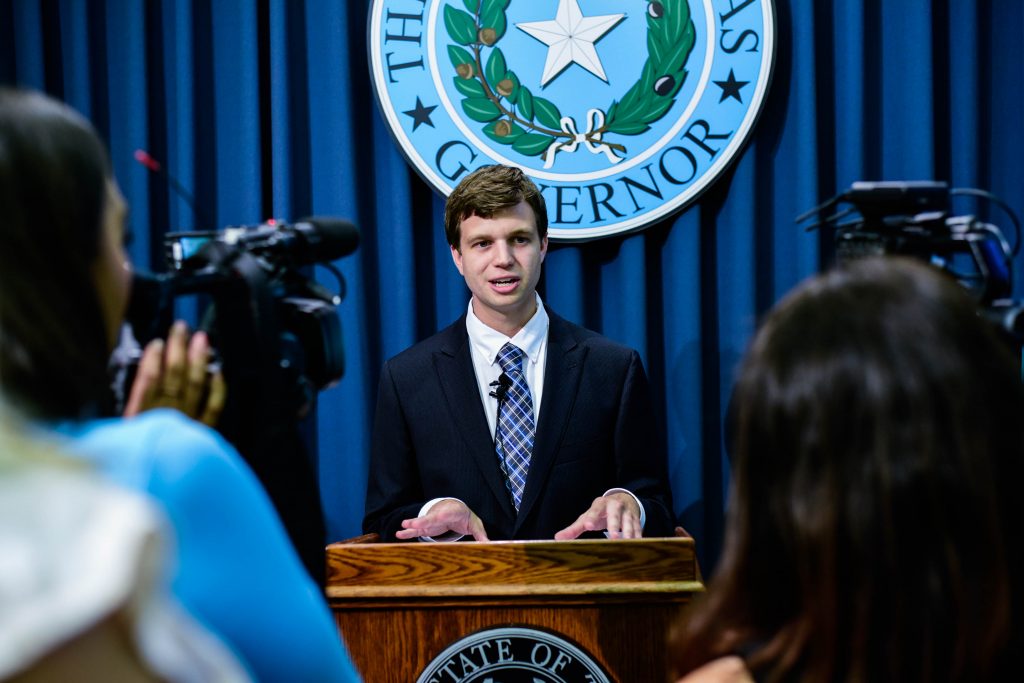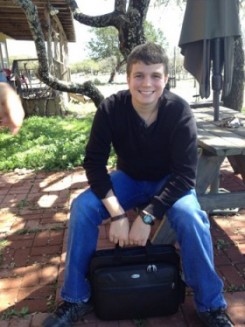The Sibling(s): Born Into An ASD World
Meet Charlie Allen

While growing up as the sibling of someone with autism may progress without a hitch, many harbor feelings of loneliness and resentment. As someone who falls somewhere in-between the above examples, I offer you my son, Charlie Allen. Not until the writing of this blog has Charlie, our youngest, granted me my long desire to write about him. He is the sibling, the brother to Samuel Allen that few, outside our family’s personal circle, know much about.
About Charlie
Charlie was born in 1997, the younger brother to our firstborn Sam. We had no knowledge of Sam’s Autism at this time so the years for early development were probably typical. Contrast to Sam’s quiet world, Charlie had a robust laugh and twinkle in his eye that set the stage to delight anyone in his presence.
I would rather be closer to my brother with autism than close to fake friends who isolate because of autism. Early on, I knew that wasn’t kind nor the way I wanted to be.
Charlie Allen
Everything changed when Sam began school.
It took four years to diagnose Sam’s autism. Meanwhile Charlie felt the residuals of the strain our family was going through. The dynamics changed and we, as a family, had a multitude of adjustments to make. Not easy on a child so very young. It was a blessing and relief when my husband and I decided I would leave my career to stay home, and since Sam had already started school, it gave alone time for just me and Charlie. We were given the privilege of time, those years were bonding and now I believe instrumental in Charlie’s foundation….and boy did he need one!
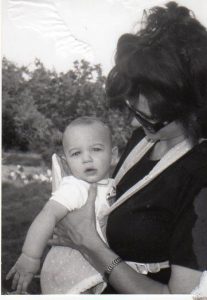
By the time Charlie began Kinder, his brother had already made his mark at the public school system where they would ultimately graduate from. Charlie’s quiet yet humorous nature began to emerge. My parents, both now deceased, were his biggest fans/supporters and gave both our sons their time and support that were monumental to both their development. But the Middle school years and beyond became difficult for Charlie. He had developed his own challenges such as fine and gross motor skills (penmanship, tying shoes) that made sports or P.E. painful. His sensory issues where far greater than that of his brothers. Smells, touch and even sight were greatly affected and had to be diagnosed and adjustments that his peers simply didn’t have to think about. The most challenging for Charlie was peer relations. Charlie had a choice, he could choose to play with the 5 or 6 other children in our neighborhood or his brother. This was forced upon him as the others told him so. Calling his brother “retarded” and refusing to include (actually running from them) Sam in any activity tested Charlie’s resolve early on. Charlie chose Sam. For that, he paid the price but learned to walk alone. We watched as Charlie began to befriend those with disabilities or outcasts as if a shield to protect the person. This is the quiet yet powerful strength of Charlie.
School Years

I think Charlie found music as his escape. For him, this has been his release…first of anger (hard rock days) and then various genres that lighten paralleling his life. His Dad plays guitar as did his Do-Dad (grand-father) and he delighted in playing with both! This gave Charlie an audience. Too shy to play in large groups, Charlie has thrilled at smaller gatherings. He can master any rock song on his electric or delight country fans with a spot-on Johnny Cash! He can’t read music but can replicate any song after hearing it. For fun he occasionally plays the banjo and even Jerry Lee on piano. He is gifted!
The Fathers Role
My husband is a great father. This has been instrumental in both our sons development. Herb has a quiet strength and his skill as a carpenter offered Charlie an alternative to occupy weekends. Together, Herb, Sam and Charlie built a house together on a plot of land in the country. They learned teamwork and the value of hard work in a different way than typical high school sports. It worked. Together they enjoyed starry nights, bonfires and raising the walls of what their hands had built. Finding something you can do together (not everyone is a carpenter) is instrumental. Occupy their time when no one else will.
Becoming His Own Man
Today, Charlie is 27 years old. He has overcome the shadows and quietly stepped into manhood. He works as a Front End/Customer Services Manager for Hobby Lobby and looks forward to growing with a company that serves. He is kind, Godly and delights in his brother’s company. He notices those who are outcasts and aids them quietly. He stands firm and doesn’t tolerate bullies, rightfully so. To end (and I’m a proud Mom so I could go on and on) this blog I would like to share an unexpected outcome that brings unexpected joy. Less than a year ago, one of those neighborhood childhood bullies approached Charlie and asked for about an hour of his time. Charlie accepted and they met. He asked Charlie for forgiveness for what he and his family had perpetrated on ours. Especially on Charlie as he took the unpopular path of defending his brother. It made an impression. Quite an impression. Charlie forgave and today they meet on occasion and have become friends. This is why I wanted so badly to tell the story of our Charlie. He allowed me permission (for the first time) so I jumped on it!
Charlie has helped me in so many ways. He has stood up for me many times during the middle school years when bullies were rampant. In addition, he has taught me to project that same kindness for the underdog. He is an excellent brother and I couldn’t ask for a better sibling.
Samuel Allen
An Open Discussion: Growing Up with an Autistic Brother
Below is a Q & A with Charlie and after that, we offer you expert advice, several resources and checklists for your journey as the”sibling”.
Q & A with Charlie
How does feel to have a brother with Autism? It doesn’t feel any different than having a neurotypical brother. I don’t know any other way. I see Sam as my brother period.
What have been the challenges as you went through school age years together? Isolation from peers mainly. I was known as “the brother of the ‘weird/different one”. One example: in our neighborhood when other kids were outside playing, they would say I couldn’t play with them because my brother was retarded. That hurt. While it hurt, it made me become closer to my brother. I would rather be closer to my brother with autism than close to fake friends who isolate because of autism. Early on, I knew that wasn’t kind nor the way I wanted to be.
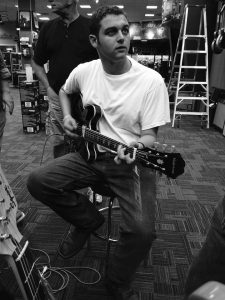
How did you handle the isolation? I turned to music. Specifically guitar. First it was electric. I let my emotions out on the electric guitar. Early on, I had anger due to my brothers bullies so I played hard rock music. Think Ozzy Osborne’s guitarist Randy Rhoads. Later, I found a love of acoustic guitar and became inspired by the music of Johnny Cash. The music truly helped me cope with the isolation from my peers, now I just enjoy playing.
Continue ReadingA graduate of Abilene Christian University, Jennifer had a long career in TV Broadcasting. Upon learning her oldest son Sam had a form of Autism called Asperger’s Syndrome, she left her career and became a full-time mother to both of her sons. Jennifer elicited the participation of her family and together they produced several independent programs including a children’s animated series titled Ameriquest Kids, as well as a documentary and book titled, Coping to Excelling: Solutions for School-age Children Diagnosed with High-Functioning Autism or Aspergers Syndrome. She formed the nonprofit Asperger101 to provide on-going free resources related to ASD at Aspergers101.com and has implemented the Texas Driving with Disability Program and continues to grow the statewide initiative today. She and her husband have recently retired to their property in the Texas Hill Country.

